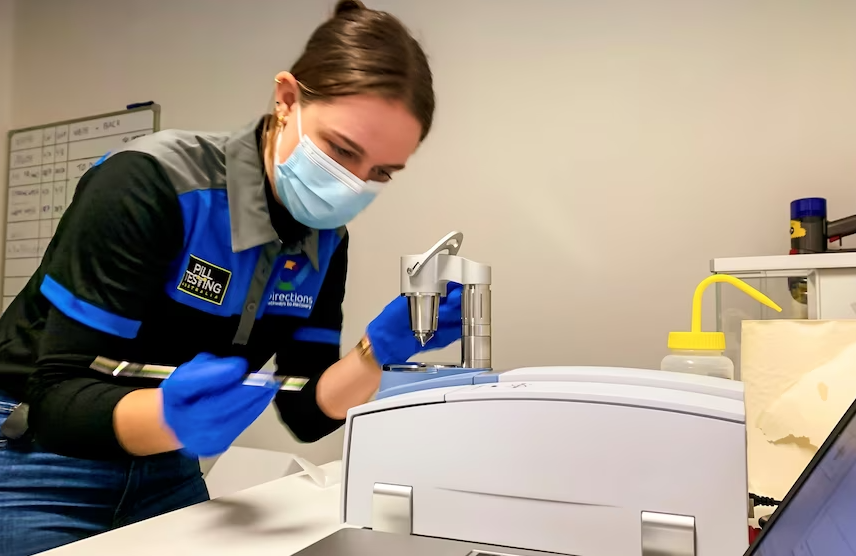In a groundbreaking discovery, chemists at CanTEST, Australia’s sole fixed-site drug checking service in Canberra, have unveiled three previously unknown recreational drugs. This unprecedented find, led by Professor Malcolm McLeod and a team of chemists from the Australian National University (ANU), sheds light on substances never before reported in Australia. These drugs are believed to share similarities with stimulant substances like MDMA and ketamine, yet their short- and long-term health implications remain uncertain.

New Substances and Health Concerns
The identified substances include a unique variant of cathinone, categorized as ‘bath salts,’ a novel type of benzylpiperazine (BZP) stimulant, and an undiscovered phenethylamine drug named propylphenidine. Initial on-site analysis at CanTEST ruled out expected substances but proved inconclusive. Subsequent laboratory testing at the ANU Research School of Chemistry unraveled the true nature of these substances.
CanTEST: A Pillar in Public Health
CanTEST plays a crucial role in public health, with its drug checking services influencing drug behaviors and minimizing harm for users. An ANU-led evaluation revealed that 1 in 10 samples submitted for testing were discarded once clients learned their contents. Surprisingly, over half of the drugs tested did not match users’ expectations, highlighting the importance of CanTEST in providing accurate information.
Rise of Unknown Substances
The emergence of these new substances in the last six months has ignited debates on illicit drug use. Critics argue that services like CanTEST encourage such behaviors, but evidence suggests increased awareness leads to less risk-taking. Despite its significance, pill testing remains unavailable in Victoria, where recent suspected drug overdoses have occurred.
Immediate Notification and Awareness
CanTEST’s ability to promptly notify the drug-using community about potential risks associated with new substances demonstrates its immense public health impact. This incident is not the first; in October 2022, CanTEST detected a mysterious recreational drug with qualities akin to ketamine but with a unique chemical makeup.
Implications for Enforcement and Healthcare
The identification of these new drugs holds critical implications for law enforcement and healthcare professionals. Staying ahead of emerging drug use trends enables them to confront the complexities and dangers posed by unknown substances effectively. These findings underscore the necessity for continuous vigilance, research, and public health initiatives in managing the ever-evolving landscape of recreational drug use.
